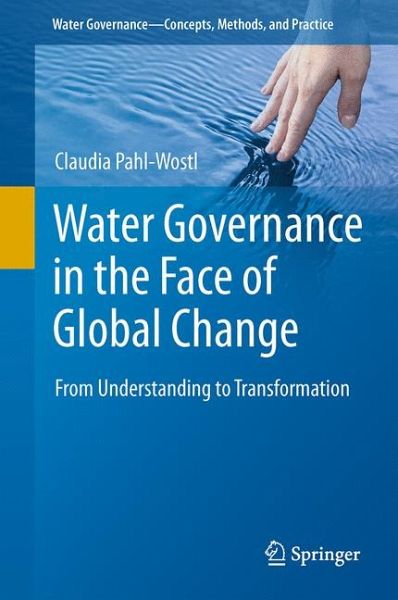
Water Governance in the Face of Global Change (eBook, PDF)
From Understanding to Transformation
Versandkostenfrei!
Sofort per Download lieferbar
68,95 €
inkl. MwSt.
Weitere Ausgaben:

PAYBACK Punkte
34 °P sammeln!
This book offers the first comprehensive treatment of multi-level water governance, developing a conceptual and analytical framework that captures the complexity of real water governance systems while also introducing different approaches to comparative analysis. Applications illustrate how the ostensibly conflicting goals of deriving general principles and of taking context-specific factors into account can be reconciled. Specific emphasis is given to governance reform, adaptive and transformative capacity and multi-level societal learning. The sustainable management of global water resources...
This book offers the first comprehensive treatment of multi-level water governance, developing a conceptual and analytical framework that captures the complexity of real water governance systems while also introducing different approaches to comparative analysis. Applications illustrate how the ostensibly conflicting goals of deriving general principles and of taking context-specific factors into account can be reconciled. Specific emphasis is given to governance reform, adaptive and transformative capacity and multi-level societal learning. The sustainable management of global water resources is one of the most pressing environmental challenges of the 21st century. Many problems and barriers to improvement can be attributed to failures in governance rather than the resource base itself. At the same time our understanding of complex water governance systems largely remains limited and fragmented. The book offers an invaluable resource for all researchers working on water governance topics and for practitioners dealing with water governance challenges alike.
Dieser Download kann aus rechtlichen Gründen nur mit Rechnungsadresse in A, B, BG, CY, CZ, D, DK, EW, E, FIN, F, GR, HR, H, IRL, I, LT, L, LR, M, NL, PL, P, R, S, SLO, SK ausgeliefert werden.












